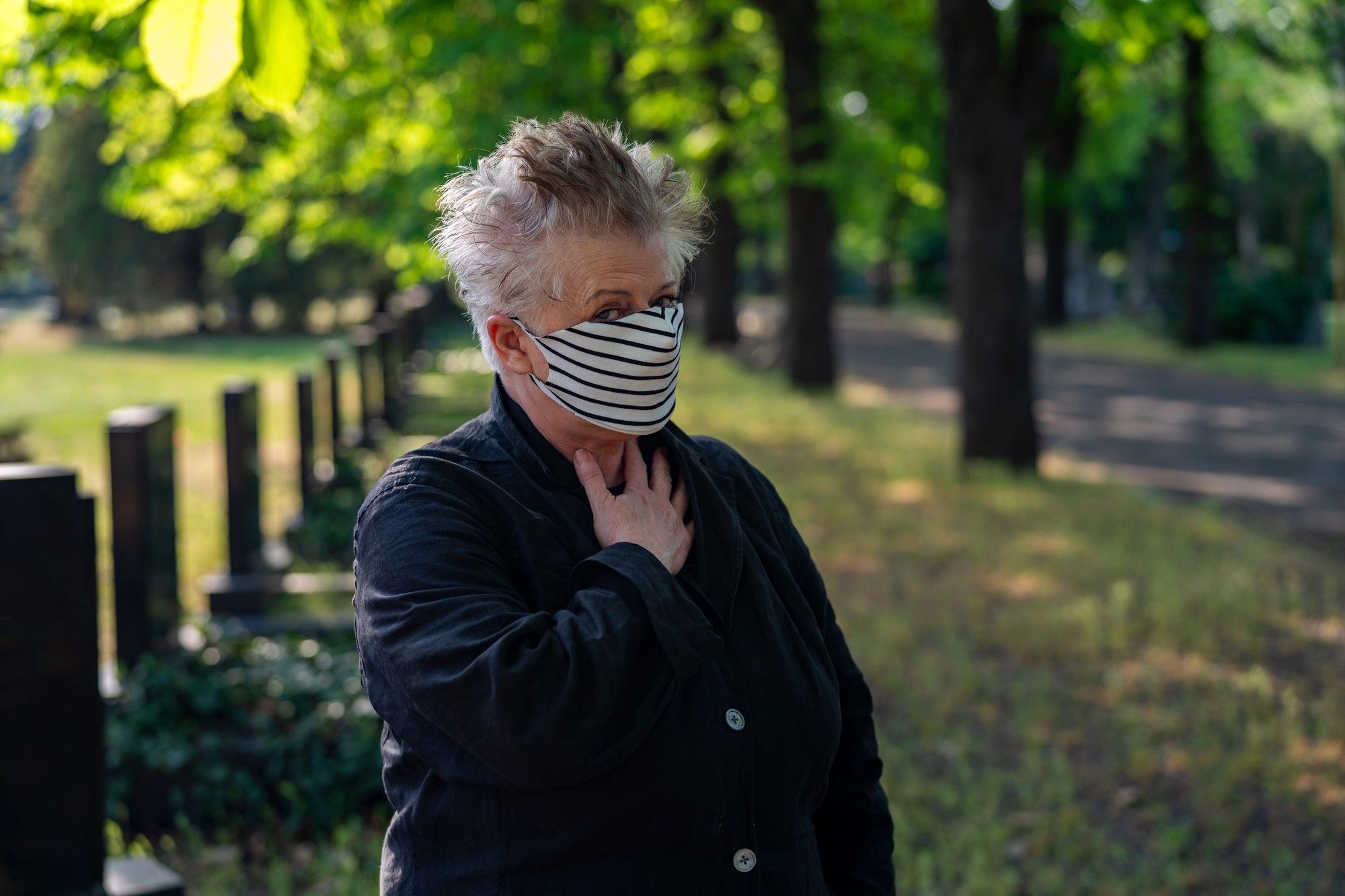Top Class Actions’s website and social media posts use affiliate links. If you make a purchase using such links, we may receive a commission, but it will not result in any additional charges to you. Please review our Affiliate Link Disclosure for more information.
One of the most vulnerable populations in the U.S. has also been the hardest hit by the COVID-19 pandemic: elderly people in nursing homes and assisted living facilities, where the coronavirus death rate is much higher than other segments of the population.
That news has been devastating for residents of care homes, who have little control over their exposure to the virus due to their illnesses and disabilities. Compounding the situation is the fact that in most places, loved ones have been unable to visit their relatives in nursing and assisted living facilities during the pandemic because of stay-at-home orders meant to limit the spread of coronavirus.
Nursing Homes Coronavirus Death Rate Overview
The first case of what would become known as COVID-19 appeared in Wuhan, China in December 2019 as an unknown strain of coronavirus, according to the World Health Organization. It soon moved through China and by February the virus had spread in significant numbers to Italy, Iran, and the U.S. The American government officially declared the situation a pandemic and issued a state of emergency on March 13.
COVID-19 is a respiratory illness that attacks the lungs first, so the earliest symptoms are cough, shortness of breath, and fever. In severe cases, the virus has triggered acute respiratory failure, cardiac problems, kidney, and liver failure and septic shock, Healthline, an online consumer health information website, reports.
It affects each patient differently and cases can range from mild to severe to fatal. People with existing health problems, like patients in nursing homes and assisted living facilities, are at higher risk of contracting COVID-19 and dying from it.
The Foundation for Research on Equal Opportunity has been studying the coronavirus death rate as reported by the states and found 42 percent of the people who are dying of COVID-19 are in nursing homes or residential care facilities. That’s especially significant given the fact that the number of people living in nursing and residential care facilities – 2.1 million, according to the U.S. Centers for Disease Control – make up just .06 percent of the total U.S. population.
When it took New York State out of the calculations, the death rate in the rest of the nation’s nursing homes went up to 52 percent.
 Is the Coronavirus Death Rate Still Increasing in Nursing Homes?
Is the Coronavirus Death Rate Still Increasing in Nursing Homes?
Striking as the statistics are, the coronavirus death rate among nursing home patients might go even higher. That’s because some states aren’t reporting all their deaths publicly yet, according to a recent report by AARP.
Nursing homes and long-term care facilities are required to report all COVID-19 deaths to residents and their families, and all states are required to report that information to the U.S. Centers for Disease Control, but they’re not required to make it public. And some states don’t differentiate between deaths at nursing homes and other residential categories, the Foundation for Research on Equal Opportunity says.
The Centers for Medicare & Medicaid Services meanwhile first posted federal COVID-19 nursing home data on its website June 4, but says the data is preliminary and incomplete and will be updated as more nursing homes and long-term care facilities submit their numbers.
What Caused the High Number of Nursing Home Coronavirus Deaths?
Several factors have contributed to the high coronavirus death rate in America’s nursing homes, not the least of which are the underlying health issues those patients had before contracting the virus. The elderly, sick, and disabled are physically less able to fight off the effects of COVID-19 than other populations. So, once the virus made its way into the facilities, the already vulnerable patients were at a much higher risk.
But that’s likely not the only reason.
A report by Healthline suggests nursing homes weren’t equipped to deal with COVID-19 or any other deadly outbreak. From a lack of mandatory onsite doctors to limited space to supplies and cleaning services, many nursing homes could not adapt quickly enough to prevent the spread of the virus.
Could the Death Rate Have Been Reduced?
The Foundation for Research on Equal Opportunity says the statistics on the coronavirus death rate among nursing home residents points to “substantial flaws” in the way COVID-19 has been managed in care facilities. One of those flaws might have been in underestimating the risk of infection by nursing home staff, many of whom work in multiple facilities.
Should You File a Nursing Home Lawsuit?
If one of your loved ones died from coronavirus at a nursing home or long-term care facility, you might consider legal action. Consulting a qualified attorney is the best way to determine if you have cause to file a claim.
Join a Free Nursing Home Coronavirus Death Class Action Lawsuit Investigation
If your family member died from the coronavirus while in a nursing home or assisted living facility, you may qualify to file a nursing home wrongful death lawsuit.
This article is not legal advice. It is presented
for informational purposes only.
ATTORNEY ADVERTISING
Top Class Actions is a Proud Member of the American Bar Association
LEGAL INFORMATION IS NOT LEGAL ADVICE
Top Class Actions Legal Statement
©2008 – 2024 Top Class Actions® LLC
Various Trademarks held by their respective owners
This website is not intended for viewing or usage by European Union citizens.


 Is the Coronavirus Death Rate Still Increasing in Nursing Homes?
Is the Coronavirus Death Rate Still Increasing in Nursing Homes?












